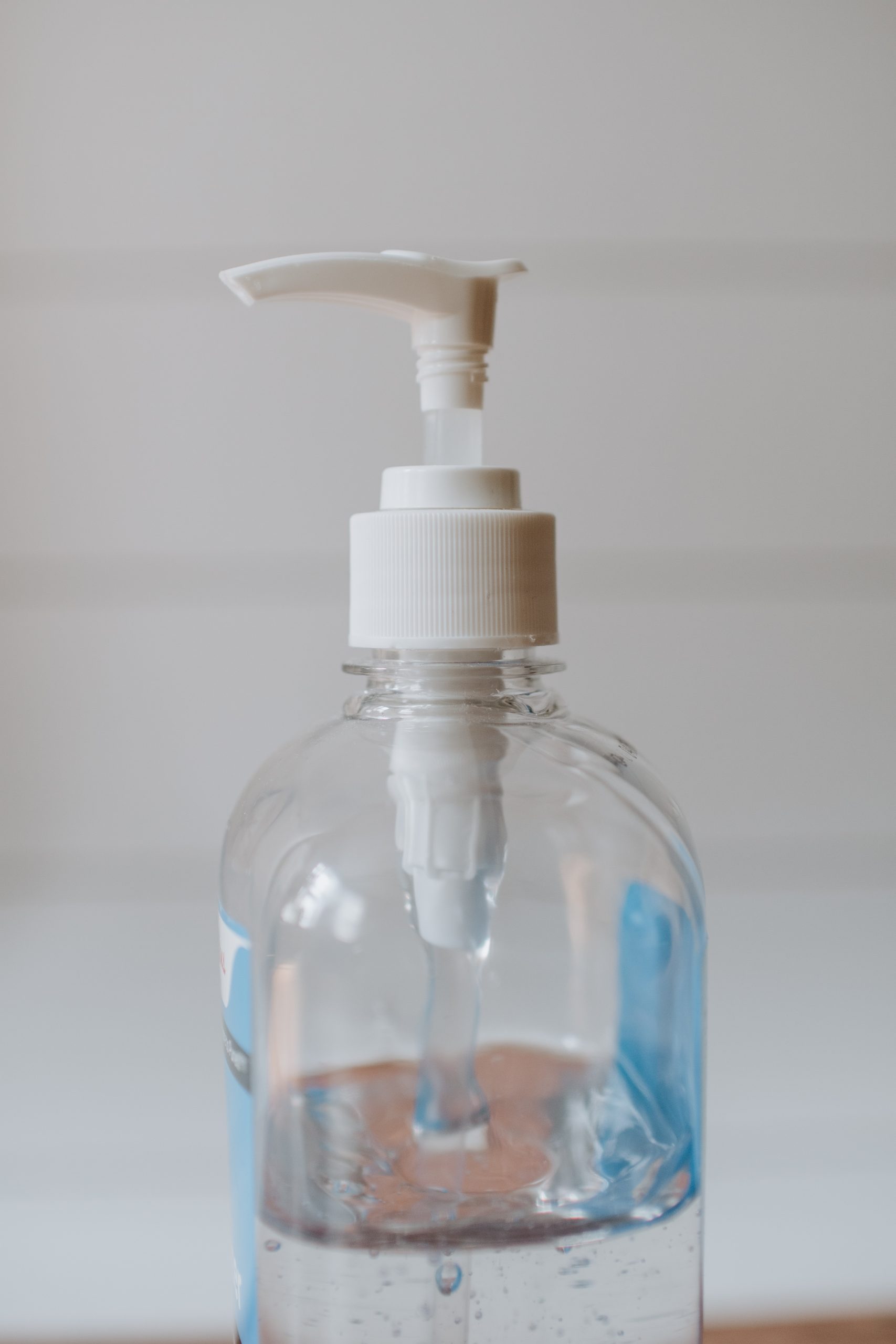Introduction:
Retinoids, hailed as a skincare powerhouse, offer a multitude of benefits such as reducing wrinkles, improving skin texture, and promoting cellular turnover. However, individuals with sensitive skin often approach retinoids with caution due to concerns about potential irritation. In this comprehensive guide, we will explore the dos and don’ts of using retinoids on sensitive skin. By following these expert tips and implementing a mindful approach, you can unlock the potential benefits of retinoids while keeping your skin calm and happy.
Breaking News: Empowering Sensitive Skin: The Path to Successful Retinoid Use
1. The Power of Retinoids: Retinoids, derived from vitamin A, are renowned for their ability to enhance skin rejuvenation, stimulate collagen production, and address various skin concerns. While retinoids may pose challenges for sensitive skin, a strategic approach can ensure their successful integration into your skincare routine.
2. Customization is Key: Embracing retinoids requires personalized care and attention. Understanding your skin’s needs, choosing the right product, and adopting a cautious application strategy are pivotal steps towards achieving maximum results with minimal irritation.
Feature Story: The Dos and Don’ts of Using Retinoids on Sensitive Skin
Dos:
1. Start Gradually: Begin with a low-concentration retinoid and gradually increase the frequency and strength over time. This allows your skin to adapt and minimizes the risk of adverse reactions.
2. Patch Test: Before incorporating a new retinoid product into your routine, perform a patch test on a small area of skin to assess how your skin responds. This helps identify any potential sensitivity or allergies.
3. Hydration is Essential: Sensitive skin often craves moisture. Prioritize hydration by applying a gentle, non-irritating moisturizer before and after applying retinoids. This helps minimize dryness and soothe the skin.
4. Protect with SPF: Retinoids increase the skin’s sensitivity to the sun. Wear broad-spectrum sunscreen with an adequate SPF during the day to shield your skin from harmful UV rays.
Don’ts:
1. Overuse Retinoids: Resist the temptation to apply retinoids more frequently than recommended. Too much too soon can overwhelm your skin and lead to irritation.
2. Combine with Harsh Ingredients: Avoid using retinoids in conjunction with other potentially irritating skincare ingredients such as alpha-hydroxy acids (AHAs), benzoyl peroxide, or strong exfoliants. These combinations can amplify skin sensitivity.
3. Skip Patch Testing: Never skip the patch test. It serves as a crucial precautionary step to identify any adverse reactions before applying retinoids to your entire face.
4. Apply to Damp Skin: Applying retinoids to damp or wet skin can enhance their penetration and increase the risk of irritation. Ensure your skin is completely dry before application.
Opinion Piece: Embracing Retinoids: Empowering Sensitive Skin
Using retinoids on sensitive skin requires diligence and patience, but it is not an impossible feat. By understanding your skin’s limitations, implementing a gentle approach, and heeding the advice of skincare professionals, you can embrace the power of retinoids and achieve the desired results.
However, if you experience persistent irritation, redness, or discomfort, consult with a dermatologist or skincare expert. They can provide personalized guidance, recommend alternative options, or adjust your skincare routine to ensure optimal results without compromising your skin’s sensitivity.
Conclusion:
With the right approach, retinoids can be a valuable addition to a sensitive skincare routine.
By following the dos and don’ts outlined in this guide, you can harness the potential benefits of retinoids while safeguarding your skin’s health and maintaining a radiant complexion. Remember, skincare is a journey, and customization is key—listen to your skin, adapt your routine accordingly, and celebrate the beauty of your unique skin type.




